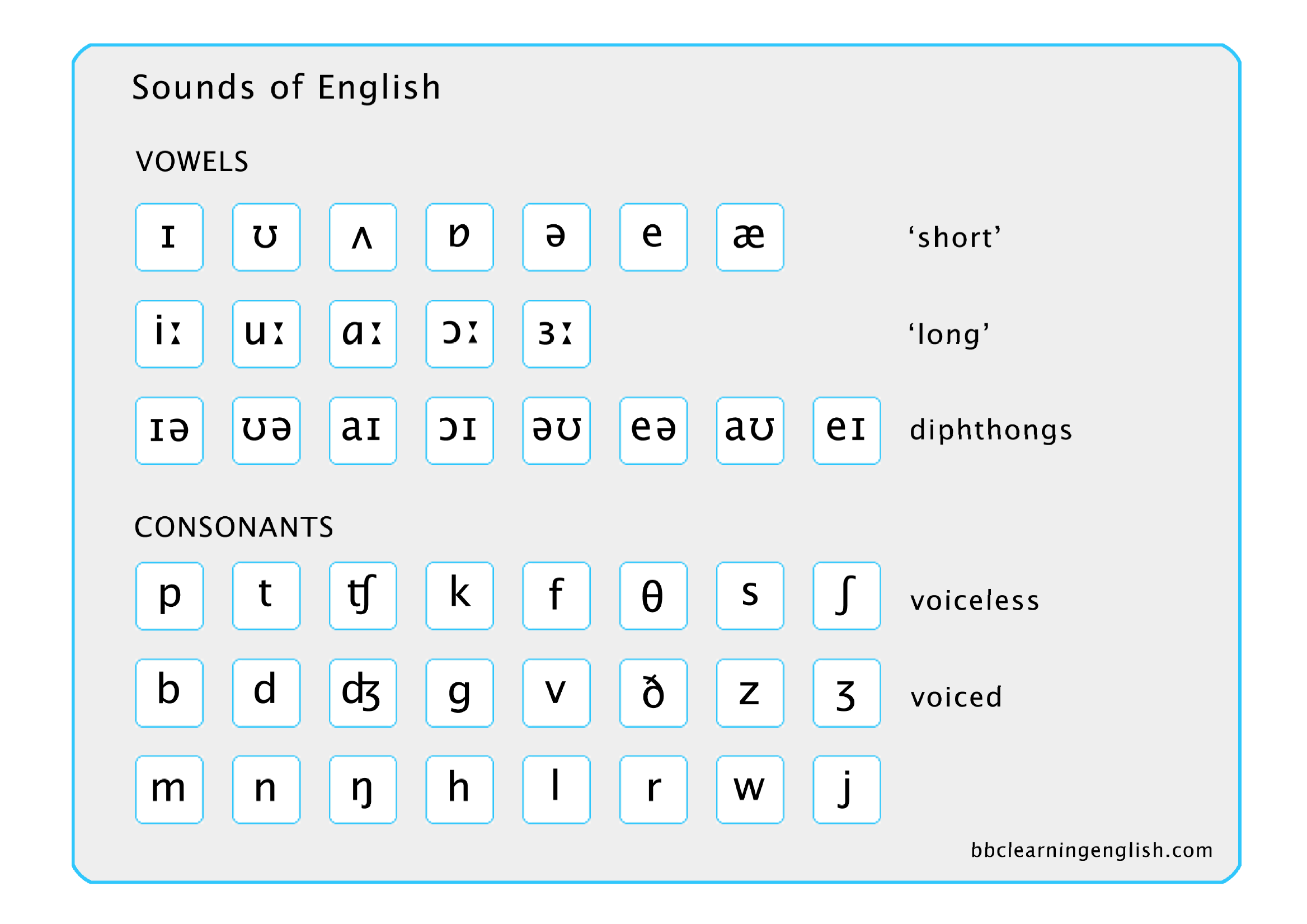4.2 Paco's mother loves formal clothes
As you know now, Paco likes informal clothes. However, his mother doesn't. Paco's mother prefers formal clothes to informal ones. In fact, she loves formal clothes.
In the previous sentence the verb loves is, as you can see, the third person singular of the Present Simple of the verb to love, and the final -s is a voiced sound: /z/. Can you guess why?
The pronunciation of that final -s depends on whether the infinitive form ends in a voiced or a voiceless letter. Click here to learn about it.
- If you want to improve the sounds in English, visit this web site by the BBC and learn how all of them are pronounced.
- You will learn quite a lot from it! Don't forget to have a look at the features of English section.
- When you are ready, practise them by doing this quizz, and the others you should keep this web site in your favourite web sites so that you can visit it whenever you work on sounds.
- You will not repent of spending a long time on it!
Listen to the following lists of verbs and the sentences and repeat them. Pay attention to the pronunciation of third person singular -(e)s.
| Voiced /z/ |
Voiceless /s/ |
/iz/ |
|
loves (Paco's mother loves formal clothes)
|
works (Andrés's father works there) |
fishes (Our friend frequently fishes salmon) |
| plays (Paco plays football at weekends) |
makes (Paco's mother always makes dinner) | buzzes (The clock buzzes loudly) |
| studies (Sonia studies really hard) | laughs (They always laugh at me) |
watches (He watches football on TV) |
| is (Andrés is one of Paco's best friends) |
talks (Paco talks to Andrés quite often) | washes (Paco usually washes his hands) |
| comes (He always comes with a present) | stops (She never stops laughing) | exercises (He exercises very often) |
| robs (I don't know anyone who robs) | hopes (Sonia hopes a better life) | damages (Junk food damages your health) |
| bathes (He bathes in the sea every summer) | looks (She looks really nice) |
memorizes (He never memorizes the lesson) |
| goes (Paco goes fishing most weekends) | sits (That woman always sits down there) | fixes (Sonia fixes her hair once a week) |
| turns (It turns my stomach) | takes (It takes him two hours to complete it) | pushes (He always pushes the wrong button) |
| calls (Andrés often calls Paco) | puts (Paco puts on weight easily) | kisses (Paco frequently kisses his mother) |
|
|
|
|
Are the third person singular of the following verbs pronounced /s/ (voiceless), /z/ (voiced) or /iz/?

|
|
/z/
| |
|
/s/
|
|
/z/
| |
|
/iz/
|

|
| By RD the Milkman. C. Commons |
|
/s/
| |
|
/z/
|
|
/iz/
| |
|
/s/
|
|
/s/
| |
|
/z/
|
- Click here if you want to go on improving the pronunciation of the third person singular -(e)s of the Present Simple tense in English.
- And here you can find more useful exercises to consolidate your learning.
This is the end of topic 3. In the next topic you will learn how to ask questions with the tenses studied up to now (Present Simple and Present Continuous or Progressive) as well as how to ask them with a correct intonation. Some vocabulary related to leisure activities will also be learnt.
